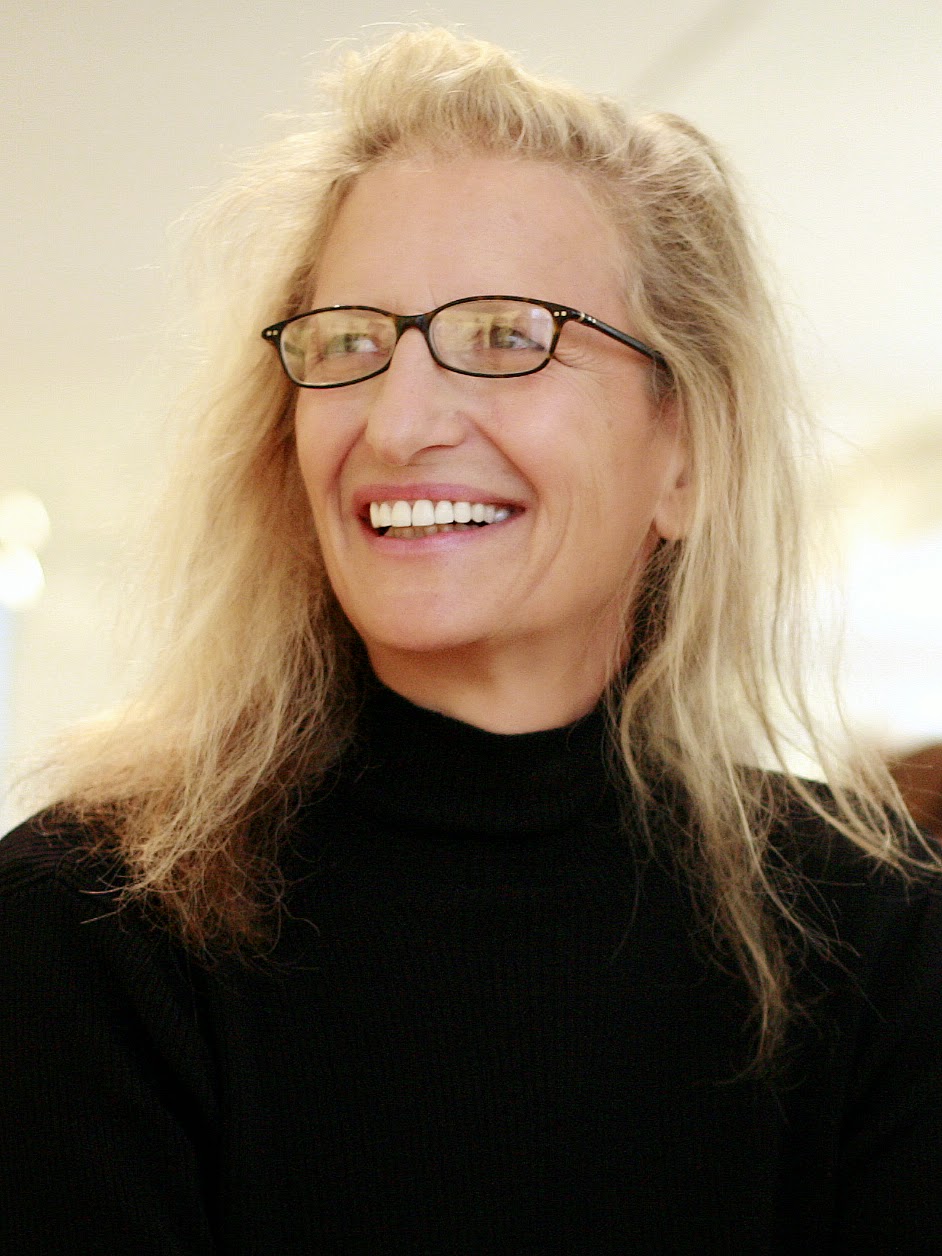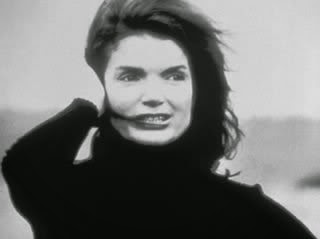Let's think about the following lists of American women in modern history:
In Literature:
Maya Angelou
Pearl S. Buck
Emily Dickinson
Gertrude Stein
Virginia Woolf
In Politics:
Madeleine Albright
Hillary Clinton
Barbara Jordan
Condoleeza Rice
Margaret Chase Smith
In Science and Technology:
Elizabeth Blackburn & Carol Greider
Marie Curie
Gertrude Bell Elion
Janet Rideout
Janet Rowley
In Media and Popular Culture:
Margaret Bourke-White
Isadora Duncan
Annie Leibowitz
Madonna
Oprah Winfrey
Just because:
bell hooks
Billie Jean King
Rosa Parks
Hazel Scott
Ida B. Wells
By the way, if you don't recognize some of them, I'm not going to provide the links, because you should go look them up for yourself.
Now take a look at this list:
Jane Addams (64)
Rachel Carson (39)
Mary Baker Eddy (86)
Betty Friedan (77)
Margaret Mead (81)
Eleanor Roosevelt (42)
Margaret Sanger (51)
You may be wondering what the numbers are. Recently, The Atlantic commissioned "ten eminent historians" (three of whom were women, to develop a list of the 100 "most influential figures in American history." In the modern era (and with Mary Baker Eddy I'm really stretching a point), only seven women made the list, with the highest (Rachel Carson) coming in at #39.
For curiosity's sake, let's see how well you do with the names of some of the men from the top 100:
James Gordon Bennett (69)
George Eastman (94)
Walter Lippman (89)
Horace Mann (56)
Louis Sullivan (59)
James D. Watson (68)
I know, I know, it's only a list, in a culture that dotes on lists. But here's the thing: ten "eminent" historians looked at American history to find the 100 "most influential" people and completely ignored the woman who set off the Civil Rights movement, the first woman to host her own TV show (who happened to be African-American and married to the first modern African-American US Representative); the first woman to become an entire entertainment conglomerate in her own right ...
When supposedly made by "eminent historians," such lists are supposed to tell us something about what we think "influential" means, and what we value in the study of our history. Sixteen of the men on the list were US Presidents, including the top four names (Lincoln, Washington, Jefferson, FDR), but do you really think that in the grand scheme of things that James Knox Polk had a better claim to a spot in the Top 100 than Marie Curie, Pearl S. Buck, Hillary Clinton (love her or hate her), or even Madonna?
And once you look up Elizabeth Blackburn & Carol Greider, Gertrude Bell Elion, Janet Rideout, and Janet Rowley--not to mention Marie Curie--you may wonder how Enrico Fermi or Robert Oppenheimer made the list instead of any of them.
Maybe we need to think about redefining what we mean by "influential," or maybe we need to rethink the idea of who gets to do the defining for us.
And, if you're up for a challenge, identify the ladies beneath the fold, each of whom also has strong case for inclusion in any list of "most influential" (one's a dead easy giveaway, the others should make you work a little):












No comments:
Post a Comment